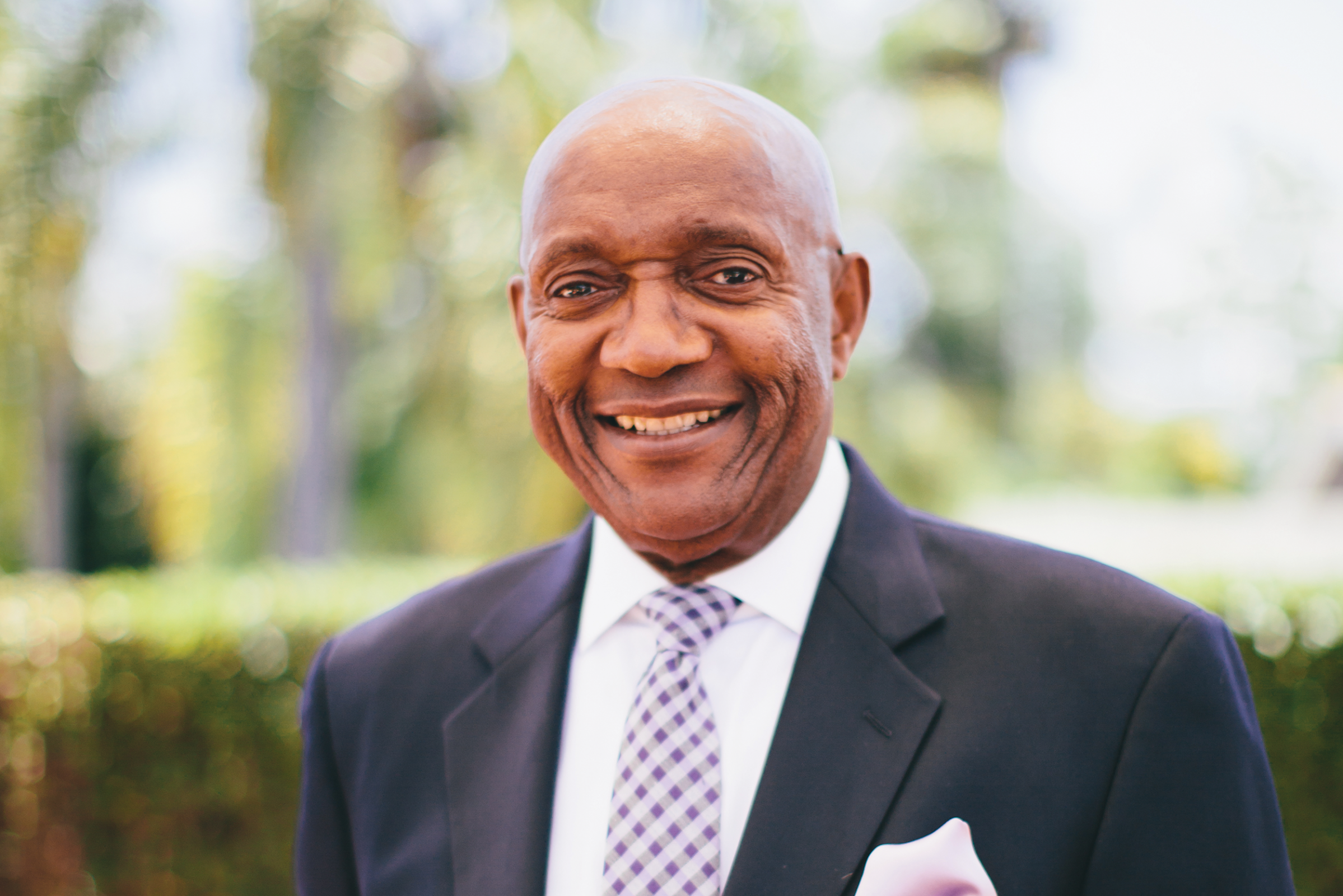William and Mary Reed had their first child, William Jr., in 1976. William, Sr. worked for Dupont, Mary was a schoolteacher, and their son was growing and developing as expected. But the Reeds’ world changed forever two years later when William Sr. came home from a work trip to find a distraught wife and his son standing in the corner, staring at the wall. Their son wouldn’t look at them and didn’t want to be touched. They took him to Johns Hopkins and, after a battery of tests, the Reeds began the autism journey that many families are familiar with: desperately searching for a cure, chasing every new theory of the disease, and consulting every specialist they could find.
When William Jr. was 10, the Reeds stopped looking for cures and focused their attention on meeting their son’s care and socialization needs. Through the years of research, trial-and-error behavior strategies, and networking with other families, the Reeds became experts in how to give William, Jr. the fullest life possible They had three more children and the family became vocal and active advocates for people with disabilities and their families. When William Sr., took early retirement, he became his son’s caregiver through California’s IHSS program and a leader in his union, the United Domestic Workers of America.
Clearly, William Jr. has received the highest standard of care possible: home care from a loving and engaged family who have had the resources to provide him with what he needs. But if the Reeds story perfectly exemplifies why family care is the gold standard for people with disabilities, it also illustrates the fatal flaw in a care system that relies on families: What happens when caregivers age and die? William Sr. is part of a work group of older folks who care for their adult children looking for answers and resources, but as William Jr. can’t live independently, the future is uncertain.
For the Reeds, William Jr.’s care is based on decades of studying how stimuli affect their son and what responses work. They know what calms him down and what he can handle. They know where they can take him and where they can’t. His siblings love their brother, but taking him in means making that choice for their spouses or future spouses. If no relative takes him in, he could be institutionalized and all those years of individualized care could be lost to a regressive existence spent mostly out of public.
William, Sr. is fighting to make sure that doesn’t happen.
“I’m sure he’s going to outlive me. The biggest concern now is who is going to care for him, provide him with the same quality of life that he’s enjoyed after my wife and I can no longer do it?”



